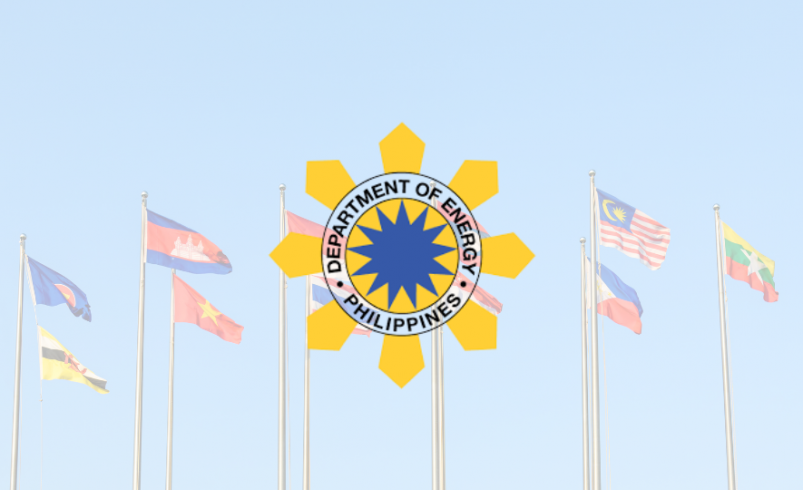Philippines eyes first power link with Malaysia to boost regional grid integration
- October 27, 2025
- 0

The Philippines is exploring its first-ever cross-border power connection with Malaysia as part of efforts to advance regional energy integration and resilience, Energy Secretary Sharon S. Garin announced during the Singapore International Energy Week (SIEW) on Monday.
Speaking at the high-level dialogue “Building Resilient and Interconnected Energy Systems,” Garin reaffirmed the country’s commitment to a resilient, interconnected, and people-centered energy future, while expressing strong support for the Enhanced ASEAN Power Grid (APG) Memorandum of Understanding endorsed at the 43rd ASEAN Ministers on Energy Meeting (AMEM) in Kuala Lumpur.
“We would like to explore the possibility of connecting the Philippines to Malaysia, and in doing so, to the rest of the region,” Garin said. “This will take technical, financial, legal, and policy groundwork, but the building blocks are already being laid.”
The energy chief said the Philippines views regional integration not just as an infrastructure initiative but as one requiring enabling policy, financing, and governance frameworks that can de-risk renewable energy investments and bring down consumer costs.
She pointed to the country’s favorable investment climate, which has made it the world’s second most attractive renewable energy market, citing more than 21,000 megawatts of capacity awarded under the Green Energy Auction Program (GEAP) and 91 offshore wind contracts totaling 69 gigawatts enabled by recent policy reforms.
On the sidelines of SIEW, Garin emphasized the Department of Energy’s (DOE) people-centered approach to energy resilience through the deployment of 10 Mobile Energy Systems (MES) to off-grid and typhoon-prone provinces to ensure power continuity during disasters.
She also met with European Union representatives to discuss workforce development and the potential replication of Denmark’s Green Energy Islands initiative—transforming isolated communities into renewable-powered, self-sustaining systems.
In a separate meeting with Singapore’s Minister-in-charge of Energy and Science and Technology Tan See Leng, Garin discussed the upcoming Implementation Agreement on Transition Credits—targeted for signing by February 2026—as well as cooperation on nuclear energy safety, emergency response, and research on natural hydrogen. She also provided updates on the Philippines’ carbon credit policy framework to enhance transparency and credibility in carbon market implementation.
Garin concluded that harmonized regulations, modern infrastructure, and digitalized, interoperable grids are key to building a resilient and inclusive ASEAN power market. By sharing its experience in disaster resilience and inclusive energy development, the Philippines aims to help the region turn climate challenges into opportunities for collective strength.
–
What do you think of the Philippines’ plan to pursue a power interconnection with Malaysia? Could regional integration be a game-changer for the country’s energy resilience and affordability? Join the discussion below.
Follow Power Philippines on Facebook and LinkedIn or join our Viber community for more updates.